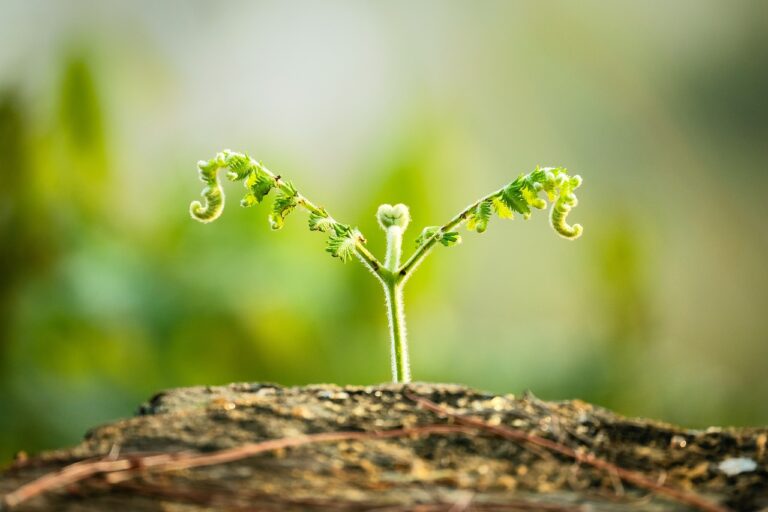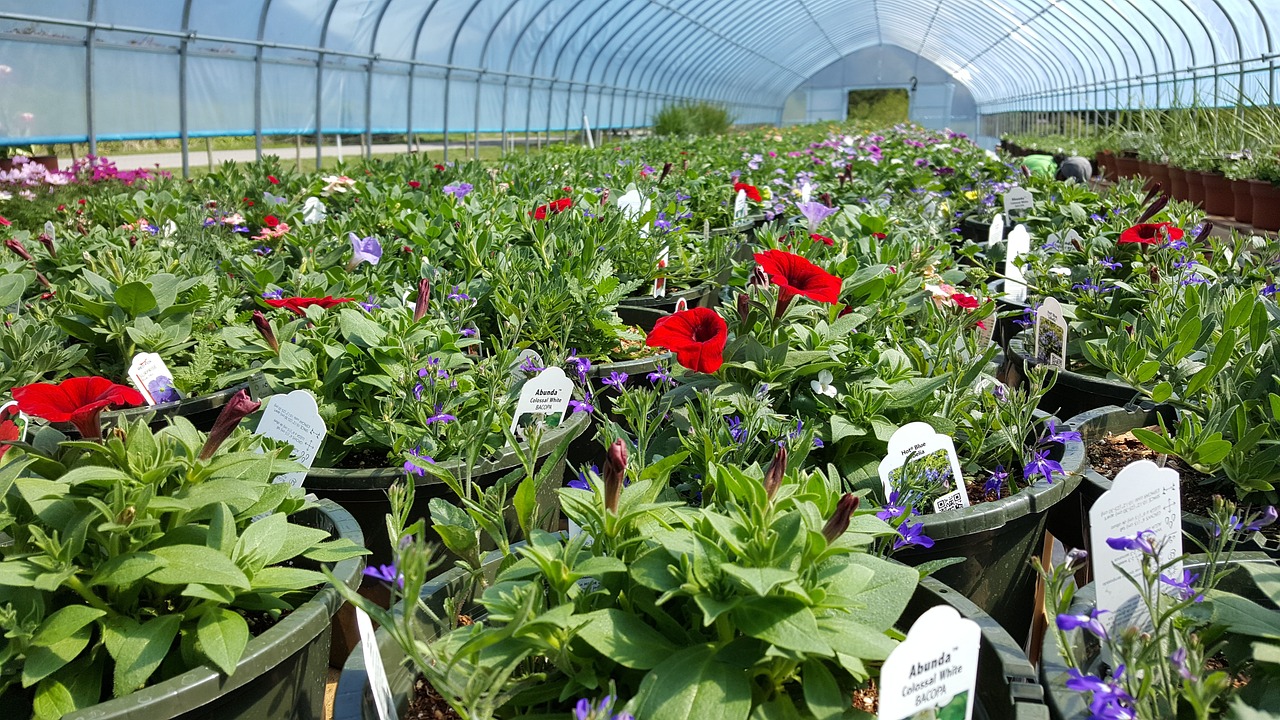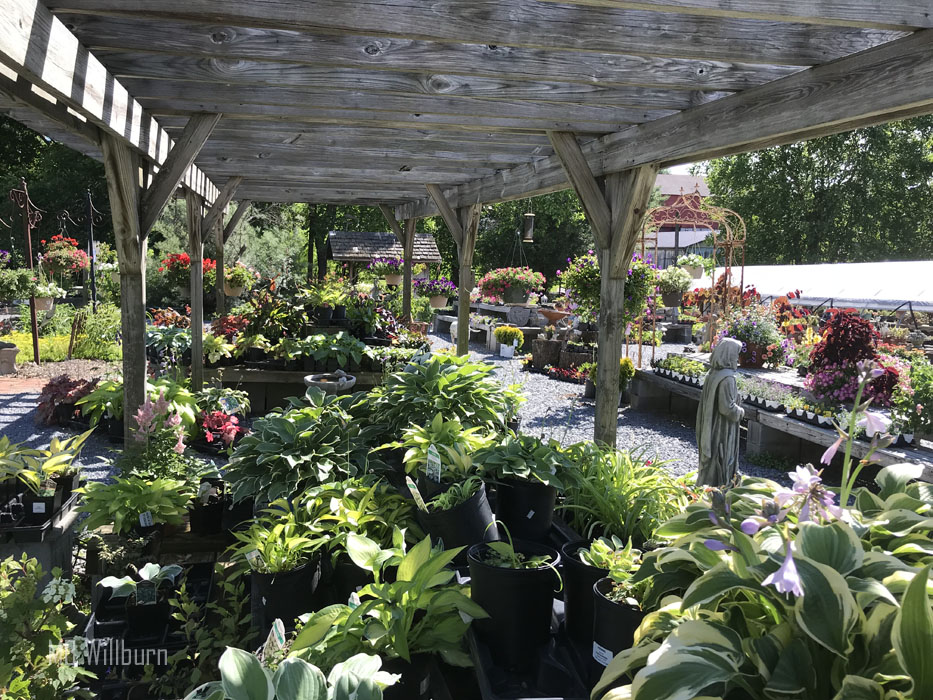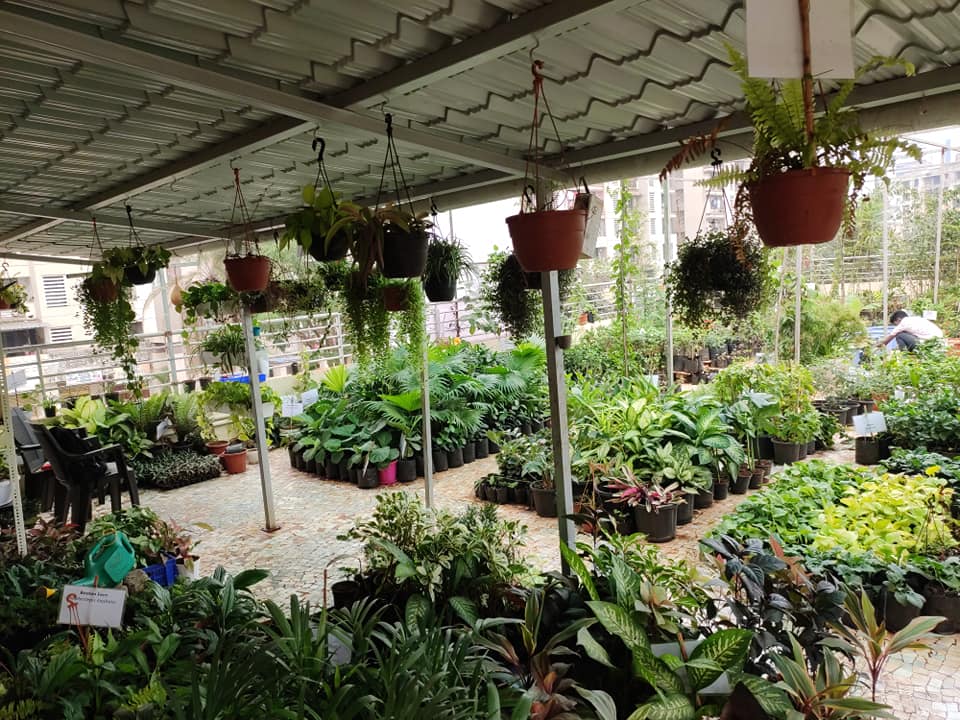The nursery industry is undergoing a significant transformation. This change is driven by the integration of technology into nursery operations.
Nursery technology is revolutionizing the way we cultivate plants. It’s enhancing growth and improving efficiency, reshaping the landscape of modern agriculture.
From automation to data analytics, technology is providing new ways to manage nurseries. It’s reducing labor costs, optimizing conditions, and predicting growth patterns.
But the impact doesn’t stop there. Technology is also enabling sustainable practices, contributing to food security, and offering economic advantages.
In this article, we delve into the role of technology in enhancing nursery growth and efficiency. We explore the latest advancements, their practical applications, and the future trends in nursery technology.
Whether you’re a nursery owner, an agronomist, or simply interested in the intersection of technology and plant cultivation, this article offers valuable insights.
The Emergence of Nursery Technology
The concept of nursery technology is not new. However, its importance in modern agriculture has grown exponentially in recent years.
This growth is fueled by the increasing demand for efficiency and productivity in nurseries. As a result, technology has become an integral part of nursery operations, driving innovation and shaping the future of plant cultivation.
Advancements in Nursery Automation
Automation has revolutionized nursery operations. It has introduced a new level of precision and control, enabling nurseries to optimize their processes and improve their output.
Reducing Labor Costs and Increasing Productivity
One of the key benefits of automation is its potential to reduce labor costs. By automating repetitive tasks, nurseries can significantly cut down on manual labor, leading to substantial cost savings.
Moreover, automation can also increase productivity. It allows for continuous operation, eliminating downtime and ensuring maximum efficiency.
Precision Agriculture in Nurseries
Precision agriculture techniques are increasingly being adopted in nurseries. These techniques leverage technology to monitor and manage plant health and soil conditions with remarkable accuracy.
This precision allows for optimal use of resources, minimizing waste and maximizing yield. It’s a game-changer for nurseries, paving the way for a new era of efficient and sustainable plant cultivation.
Monitoring and Data Analytics in Plant Cultivation
The advent of data analytics and monitoring tools has transformed plant cultivation. These technologies provide nurseries with valuable insights, enabling them to make informed decisions and optimize their operations.
The Role of IoT and Sensors
Internet of Things (IoT) devices and sensors play a crucial role in modern nurseries. They continuously monitor plant health and soil conditions, providing real-time data that can be used to adjust cultivation strategies.
These devices can detect changes in temperature, humidity, light intensity, and soil moisture, among other parameters. This allows for immediate intervention, ensuring optimal growing conditions at all times.
Predictive Analysis for Optimal Growth
Predictive analysis is another powerful tool in the arsenal of nursery technology. It uses historical data and machine learning algorithms to predict future growth patterns and potential issues.
This enables nurseries to anticipate problems before they occur and take preventive measures. It also helps in planning and optimizing resource allocation, leading to improved growth and efficiency.
Climate Control and Sustainable Practices
Climate control systems are another significant advancement in nursery technology. They allow for the precise regulation of temperature, humidity, and light, creating an ideal environment for plant growth.
Regulating Environmental Conditions
These systems use sensors and automated controls to maintain optimal conditions within the nursery. They can adjust heating, cooling, and lighting based on the specific needs of the plants.
By ensuring a stable environment, these systems help to maximize plant health and productivity, contributing to overall nursery efficiency.
Hydroponics and Aquaponics Systems
Hydroponics and aquaponics systems represent a shift towards more sustainable nursery practices. These soil-less cultivation methods use water and nutrients to grow plants, reducing the need for traditional soil-based farming.
These systems not only save water but also allow for the cultivation of plants in areas with poor soil quality. This makes them a valuable tool for enhancing nursery growth and efficiency.
The Economic and Environmental Impact of Nursery Technology
The adoption of nursery technology has profound economic implications. It can significantly reduce operational costs, increase productivity, and drive business growth.
Business Growth and Competitive Advantage
By automating labor-intensive tasks, nurseries can increase their output and reduce labor costs. This gives them a competitive edge in the market.
Moreover, the use of data analytics and predictive models can help nurseries optimize their operations, leading to higher yields and better quality plants.
Sustainability and Food Security
From an environmental perspective, nursery technology promotes sustainable practices. It reduces water usage, minimizes waste, and lowers the carbon footprint of nurseries.
Furthermore, by enhancing the efficiency and productivity of nurseries, technology plays a crucial role in ensuring food security. It enables the production of more food with fewer resources, meeting the demands of a growing global population.
Challenges and Future Trends in Nursery Technology
Despite the numerous benefits, integrating technology into nursery operations is not without challenges. Nurseries must consider factors such as cost, training, and cybersecurity.
Integrating New Technologies: Considerations and Challenges
The initial cost of implementing new technologies can be high. Nurseries must also invest in training staff to use these technologies effectively.
Moreover, as nurseries become more digital, they must also address cybersecurity risks. Protecting the data generated by nursery technologies is crucial.
The Horizon of Nursery Tech Innovations
Looking ahead, the future of nursery technology is promising. Innovations in artificial intelligence, robotics, and genetic technology are set to revolutionize the industry.
These advancements will further enhance the efficiency, productivity, and sustainability of nurseries. They will also open up new opportunities for growth and diversification in the sector.











